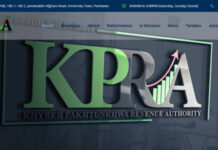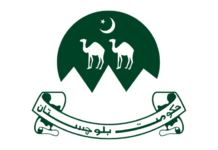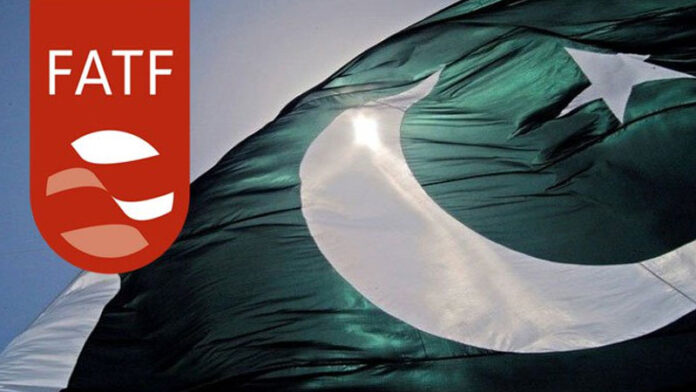- AGP says Pakistan should adequately identify risks associated with terrorist groups such as Da’esh, AQ, JuD, FiF, LeT, JeM and HQN
- ‘SBP and SECP have very limited understating of money laundering and terror financing regimes’
ISLAMABAD: Almost a week before the Financial Action Task Force (FATF) meeting to evaluate Pakistan’s compliance with the set parameters, the Asia/Pacific Group (APG) has released its report suggesting Pakistan improve its understanding of money laundering and terror financing risks.
The AGP’s ‘Mutual Evaluation Report 2019’ would provide a basis for the FATF to make its decision in its upcoming Paris meeting scheduled for October 13-18, keeping in view Pakistan’s compliance with the parameters it had set earlier.
Following the APG report, chances are high that Pakistan would be retained on the grey list during the FATF plenary meetings.
Last month, a high-level Pakistani delegation, led by Economic Affairs Minister Hammad Azhar, had attended a two-day meeting with the APG to discuss Islamabad’s progress on the FATF action plan.
The AGP report showed that out of FATF’s 40 recommendations on curbing money laundering and combating the financing of terrorism, Pakistan was fully compliant only on one. It was largely compliant on nine, partially compliant on 26 and non-compliant on four recommendations.
“Contrary to the assessment by Pakistan that its overall terror financing risk assessment is ‘medium’, Pakistan faces significant risk of terror financing both from legitimate and illegitimate sources as well as weak or no regulation and supervision of certain sectors such as hawala/hundi, NPOs and DNFBPs (Designated Non-Financial Businesses and Professions) and porous borders,” the report stated.
It underlined that Pakistan’s regulators – the State Bank of Pakistan and Securities and Exchange Commission of Pakistan – have very limited understating of the money laundering and terror financing regimes.
“Pakistan should adequately identify, assess and understand its money laundering/terror financing risks including transnational risks and risks associated with terrorist groups operating in Pakistan such as Da’esh, AQ, JuD, FiF, LeT, JeM and HQN, and this should be used to implement a comprehensive and coordinated risk-based approach to combating money laundering and terror financing,” the AGP said.
Also terrorist groups operating in Pakistan are reported to include but not limited to, ISIS-Khorasan, Tehreek-e-Taliban Pakistan, Quetta Shura Taliban, Haqqani Network and Lashkar-e-Taiba (including its affiliates Jamaatud Dawa and Falah-i-Insaniat Foundation), which raise funds through a variety of means, including direct support, public fundraising, abuse of NPOs, and though criminal activities, it added.
The report said that corruption, drug trafficking, fraud, tax evasion, smuggling, human trafficking, and organised crime were major predicate offences to money laundering and areas of high risk.
But the APG applauded Pakistan’s efforts to combat corruption. “Corruption is endemic across Pakistan’s economy, although Pakistan is to be commended for its recent initiatives to prevent and detect corruption.”
The APG advised that Pakistan should significantly enhance the use of financial intelligence in money laundering, terror financing, and predicate crime cases, particularly the use of financial intelligence to target terrorist groups and higher-risk predicate crimes. It also sought improvement in asset confiscation that should commensurate with Pakistan’s money laundering and terror financing risks, including cross-border currency.
“Although Pakistan has taken some enforcement actions against Hawala/hundi under the Foreign Exchange Regulation Act 1947, the country needs ‘major improvements’.
“Pakistan has a mixed level of technical compliance with relevant FATF recommendations and major improvements are needed in Pakistan’s international cooperation actions against criminals and their assets.
“Due to the significant ML/TF risks posed by hawala/hundi, Pakistan should enhance enforcement actions against hawala/hundi under the Foreign Exchange Regulation Act 1947, and undertake ML and TF investigations and prosecutions of hawala/hundi operators where appropriate,” the report said.
It added that there are “major technical shortcomings” in Pakistan’s legal framework and called for “fundamental improvements” to diminish the risks of money laundering and terror financing.
The Ministry of Finance officials did not immediately respond to the findings of the APG.
























